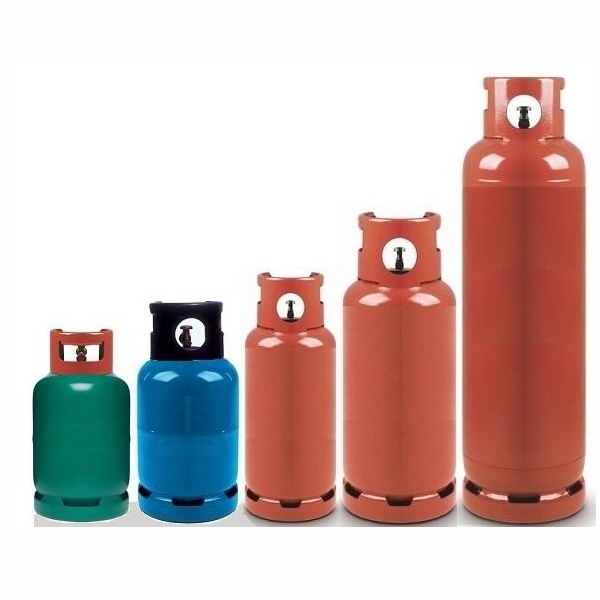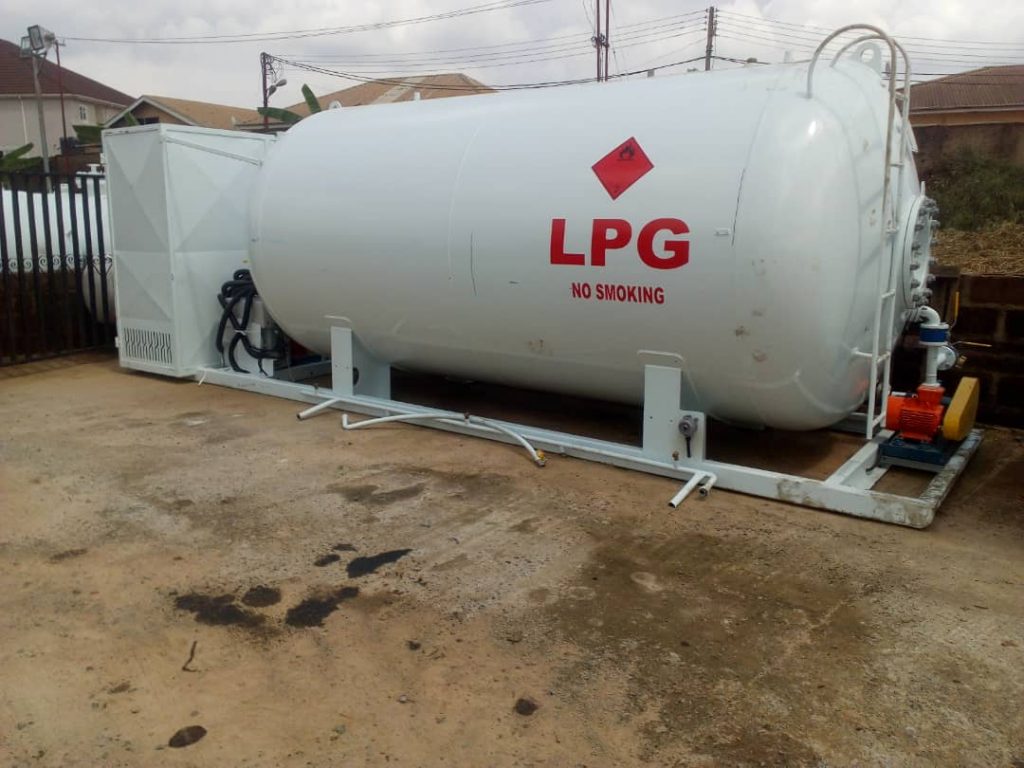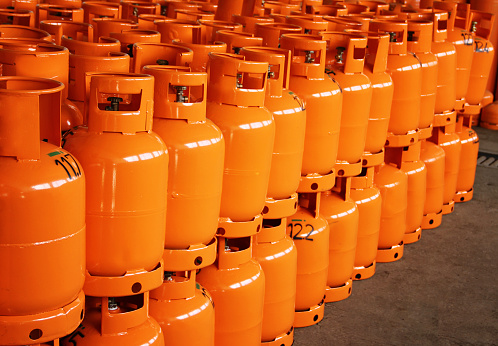Nearly 15 per cent of Australia’s 25-plus million population is classified as living in rural or remote areas[1].
That’s more than 3.5 million people nationwide facing the challenges of life away from urban centres and the convenient and reliable utilities options available there.
Luckily, rural life doesn’t have to be a struggle. While mains power may be unreliable or inaccessible for those in remote areas, LPG offers a flexible and readily available power supply to millions nationwide, making the use LPG energy great for rural households.
The Appeal of Rural Life
Laid-back lifestyle, affordable housing, a stronger sense of community – whatever the reason, Australians continue to seek rural living as an alternative to the rat race in cities.
This is a particularly appealing move for older Australians looking to retire away from busy urban centres.
It’s also a draw for those employed in the agriculture, forestry and fishing industries – of the near-325,000 workers nationwide, 82 per cent live in regional areas.
This represents a 10 per cent increase on employment figures in late 2012[2].
Switching a metropolitan lifestyle for a closer connection to the land is a choice that comes with a natural drawback, however.
Living off the grid can be challenging when trying to warm your home, heat your water and power your appliances.

Rural life in Australia doesn’t mean you have to trade in a comfortable lifestyle.
The Energy Challenges in Remote Areas
Life in rural and remote Australia often means difficulty accessing a reliable and consistent power supply. The sheer scale of the country – spanning nearly 7.7 million kilometres squared[3] – means it’s difficult and costly to install and maintain electricity cables and gas lines nationwide.
This means homes, businesses and community organisations in regional areas regularly experience power interruptions that take a while to rectify.
Further, certain areas may be entirely reliant on alternative forms of power, including private energy grids utilising renewable sources such as solar or wind.
However, renewable sources are not an entirely effective measure for those living off the grid, for these reasons:
- Sources such as solar power and wind are reliant on certain weather conditions to generate the power needed. This can lead to major deviations in power supply.
- Renewable energy source grids require significant investment in infrastructure such as batteries and solar panels.
- Some of this infrastructure also needs to be replaced every few years, meaning it continues to be costly down the line.
When looking for a power supply that is reliable and still flexible enough for rural life, starting out with LPG is a great option.
What are the advantages of using LPG energy?
LPG is an excellent fuel for powering a range of home appliances.
From heating water to cooking food, the energy source has an application throughout the home.
The advantages of using LPG include:
- LPG, when used correctly, can be up to five times more fuel-efficient than other energy sources[4]. This means there is less energy wasted with each application.
- The difficulty of using electrical cooking appliances such as stovetops and ovens comes from the inability to accurately control cooking temperatures. The blue flame that comes with an LPG-powered appliance means users can easily adjust the flame to suit the application, making it easier to cook like a professional.
- While some liquid fuels can gel, stratify or evaporate over time, LPG bottles have an indefinite shelf life, which is extremely useful in difficult-to-access rural. areas[5].
- LPG is a more flexible power supply in rural areas than mains electricity, which can be prone to weather disruptions or wear-and-tear. If your home is powered through LPG, all you have to do when running low is contact your local supplier and order full bottles to continue your reliable energy supply.
- Of all fossil fuels, LPG is one of the cleanest burning energy sources. It’s also non-toxic and has no impact on soil, water and underground aquifers[6].

LPG offers numerous advantages over other fuel sources for rural homes.
These numerous advantages are even more important when considered in the context of running a rural home.
Case Study: Taking the Advantages of LPG in the Home
From farming settlements to regional towns nationwide, each and every home is at risk of sporadic power supply issues.
Switching your home to LPG power can immediately change all that.
Using LPG to heat your home means that, come winter, you will have a reliable and adjustable means of staying warm at night.
LPG heaters can be installed in your home or used as portable units that, for some models, require no electrical connection.
LPG can similarly help in heating your water for bathing, cooking and cleaning.
Power interruptions can mean a hot water tank that fails to function – with LPG there are models that do not require electricity, so your water supply is heated efficiently and quickly to your desired temperature.
When it comes to cooking, the safety and quality of food is of paramount importance to yourself and your family.
LPG-powered appliances such as stove tops, ovens and even fridges are reliable ways of ensuring that what you are cooking is safe and heated to help eliminate any risk of bacteria.
These advantages mean you can live your dream lifestyle in the country without having to worry about when the next blackout may hit!

Cooking with LPG makes it easier to control temperature, improving your finished result.
Getting LPG energy into your household
Rural life doesn’t have to be a trade-off between a laid back way of living and a dependable power supply.
LPG offers homeowners a flexible and reliable means of warming their home, heating their water and powering home comforts.
Making the switch to LPG is easy – it’s about selecting the right home appliances and finding a reliable LPG supplier near you that can help.
If you’re ready to get started on transforming your rural household into an LPG-powered home, contact@ https://www.doowe.ng/contact-us/.

Why is LPG a great energy source for rural households in Australia?
Comments, questions or feedback?
Please Email us at: blog@[email protected]/doowe




